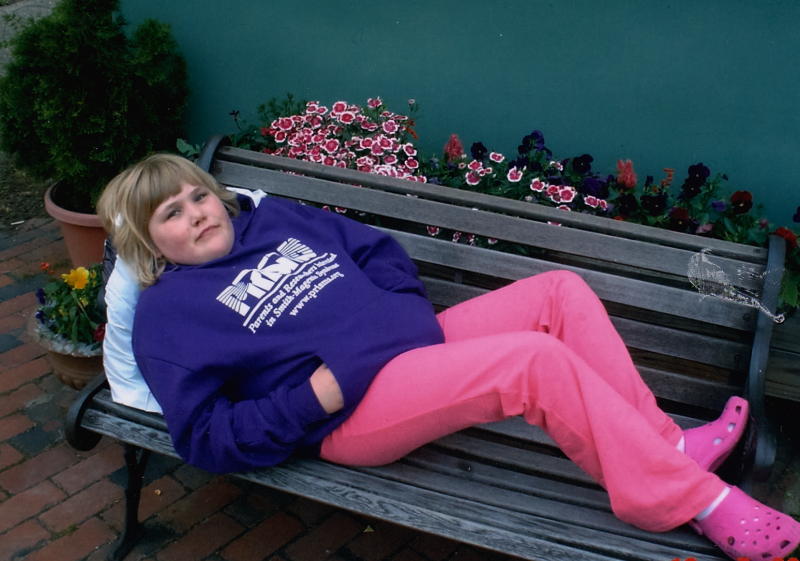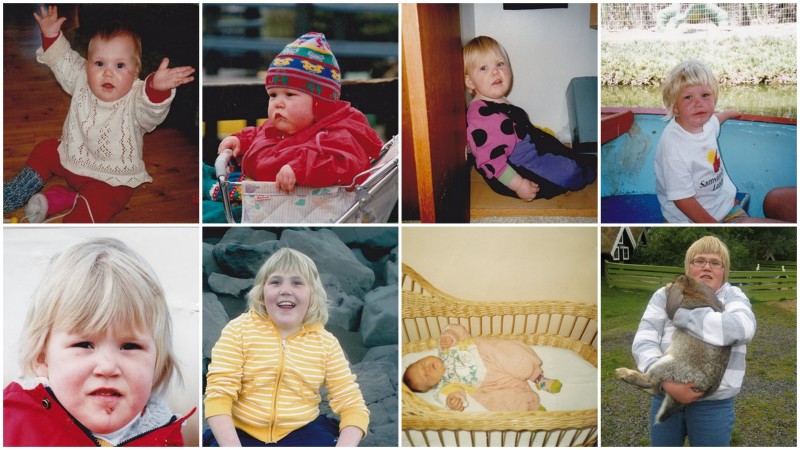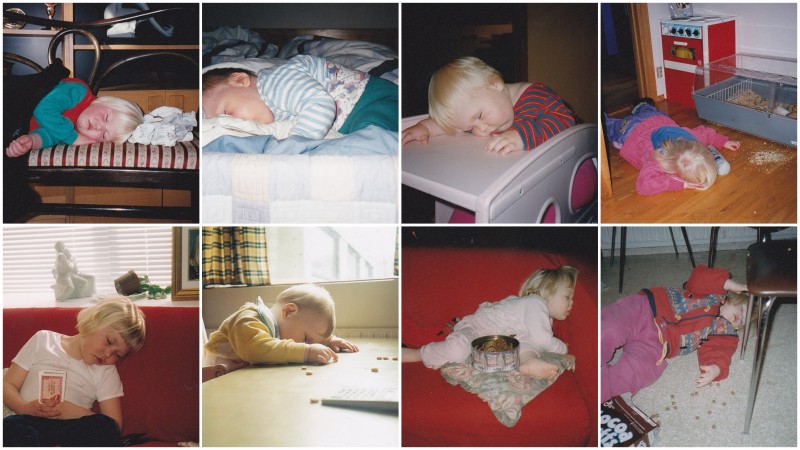Félag áhugafólks um Smith-Magenis heilkenni (SMS) leitar eftir stuðningi þínum
To add milestones and tasks to your plan, please send them via e-mail to info@karolinafund.com. Tell us which tasks you have already finished (checked) and which ones are left.
Showing what the plan is for your project helps build trust with potential backers.
The Icelandic SMS Society is embarking on the large project oftranslating and publishing a booklet which contains both information about SMSand guidance on the care of people with the syndrome. There is no accessiblematerial in Icelandic on SMS, which makes this project urgent.
Smith-Magenis Syndrome (SMS) is caused by a small deletion on chromosome17. This deletion causes multipleserious symptoms. There is no written material available in Icelandic about thesyndrome, and good material is sorely needed because caring for people with SMSis very complicated.
The British SMS foundation (Smith MagenisSyndrome Foundation UK) recently published a an educational and instructionalbooklet for family and caregivers of people with SMS. The four authors are: Dr.Lucy Wilde, Dr. Orlee Udwin, Dr. Carolyn Webber and Professor Chris Oliver.They have all done research on the syndrome. The British foundation haspermitted us to translate and publish this booklet.
The low level of awareness of the syndrome inIceland makes this publication very urgent. This lack of awareness isillustrated by the problems that the three girls that have been diagnosed withSMS in Iceland constantly run into.
We hope that this initiative will be realizedfor the sake of the Icelandic girls with SMS and those that have still to becorrectly diagnosed.

Why did we Found a Society?
Þuríður and Viðar, Hildur Ýr's parents,will never forget the day that they got a call from the Diagnostic Centertelling them that their daughter had a chromosome abnormality calledSmith-Magenis Syndrome. They were told no more that this, much less what thisdiagnosis meant for their daughter.
So they started Googling and readingabout their child on the Internet, and found explanations for why she sleptbadly at night, why she frequently had temper outbursts, why she bit her handsetc. etc. They truly felt like they were alone in the world, but theyimmediately began reading even more about the syndrome and informing HildurÝr's doctors and caregivers. They also informed family and friends.
In 2007 they travelled to the UnitedStates to attend their first SMS conference. This marked a turning point. Theymet people who had the same difficulties as they did. At the conference theymet Ann Smith, one of the two discoverers of the syndrome. She told them thatthere were certain to be more people with SMS in Iceland, they would just haveto wait until they found them. And it was while they were in the States thatthey heard about an Icelandic girl with SMS living in Norway, and about Kristínin Iceland.
When they got home they tried as hard asthey could to tell the public about SMS so that children and adults with thesyndrome might be found and diagnosed. One of the things they did was print abooklet about SMS that they found on the Internet. They gave this booklet to all doctors thatthey met in relation to their daughter. They also made notes that they couldhand to people who stared at Hildur Ýr.
In 2010, a Scandinavian SMS society wasfounded in Denmark, giving them the idea of founding a national society inIceland.
On November 17, 2012, things startedhappening. Þuríður posted on Facebook about that day being International SMSDay, and her mother shared the post. This once again showed how incrediblysmall Iceland is, because Ísabella's aunt saw the post. Ísabella had at thatpoint just been diagnosed with SMS. This led to the parents of these two girls,Hildur Ýr and Ísabella, meeting, and they then contacted Kristín's parents.Subsequently, these three familys started preparing to found a society and theIcelandic SMS Society, Félag áhugafólks um Smith-Magenis heilkenni, was foundedone year later, on the International SMS Day, November 17, 2013.
What is SMS?
A syndrome is a recognizable pattern of physical, behavioral, and developmental features that occur together in the same person due to a single, underlying cause. Smith-Magenis syndrome (or SMS) is a chromosomal disorder characterized by a recognizable pattern of physical, behavioral, and developmental features. It is caused by a missing piece of genetic material from chromosome 17, referred to as deletion 17p11.2.
Common features include: characteristic, yet subtle, facial appearance, infant feeding problems, low muscle tone, developmental delay, variable levels of intellectual disability, early speech/language delay, middle ear problems, skeletal anomalies and decreased sensitivity to pain. The syndrome also includes a distinct pattern of neurobehavioral features characterized by chronic sleep disturbances, arm hugging/hand squeezing, hyperactivity and attention problems, prolonged tantrums, sudden mood changes and/or explosive outbursts and self-injurious behaviors. For a more complete list of physical, developmental and behavioral characteristics, please go to www.prisms.org
Ann C.M. Smith, MA, DSc (Hon), a genetic counselor, and Dr. R. Ellen Magenis, a physician and chromosome expert, described the first group of children with this deletion in the 1980's. Most people with the diagnosis have been identified since 1995 as a result of improved laboratory techniques that allow the accurate detection of this chromosomal deletion. Although the exact incidence is not known, it is estimated that SMS occurs in 1 out of 25,000 births. SMS is under-diagnosed, but as awareness of it increases, the number of people identified grows every year.


Karolina Fund ehf © 2026 | Kt: 460712-1570 | VAT: 111464 | Bjargargata 1, 102 Reykjavík, Iceland